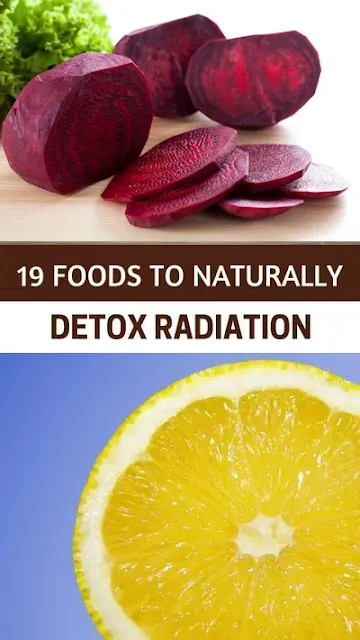We are all familiar with the horrific March 2011 earthquake and tsunami that struck Japan, damaging the Fukushima power plant and releasing radioactive waste into the surrounding area. Even though it seems like a long time ago, there are still actual health risks that occur today.
After the accident, radioactive water has been leaking from the plant, which TEPCO (Tokyo Electric Power Co.) finally acknowledged in July of this year. According to new studies, the water is expected to reach U.S. coastal waters by early 2014 and peak in 2016. In Japan, radioactive elements have already been found in the food chain, and in California, radioactive rain has been observed.
“Hazardous radioactive elements being released in the sea and air around Fukushima accumulate at each step of various food chains (for example, into algae, crustaceans, small fish, bigger fish, then humans; or soil, grass, cow’s meat and milk, then humans). Entering the body, these elements – called internal emitters – migrate to specific organs such as the thyroid, liver, bone, and brain, continuously irradiating small volumes of cells with high doses of alpha, beta and/or gamma radiation, and over many years often induce cancer”. (Helen Caldicott, Fukushima: Nuclear Apologists Play Shoot the Messenger on Radiation, The Age, April 26, 2011)
 Luckily
two
Luckily
two
ocean currents have diluted the radioactive material and have caused the concentration levels to fall below the World Health Organization's safety levels.
With radioactive isotopes detected in rainwater in Minnesota and other states, some people are looking into iodine supplements and other ways to protect the long-term health of their families.
While there are a lot of drawbacks to using iodine, there are plenty of foods that naturally protect our bodies from radiation.
19 Of The Best Foods To Naturally Detox Radiation:
- Spirulina
- Chlorella
- Seaweed
- Kelp
- Black / Green Tea
- Garlic
- Onions
- Wheat Grass
- Apples (and other fruits rich in pectin)
- Lemons
- Parsley
- Beets
- Sauerkraut
- Ginger
- Avocado
- Horseradish
- Kale (and other leafy greens)
- Broccoli
- Coconut oil
The Swedish Government monitored the radiation level of foods following the Chernobyl disaster. They found that most animal based foods including meat, dairy, and fish had higher levels of radioactive substances than fruits, vegetables, grains, and potatoes. Eating plant based foods can reduce exposure to radioactive substances by avoiding concentrations of these substances in animal fat and tissues. A plant centered diet in the midst of radiation exposure provides lower levels of radioactive substances as well as fiber, antioxidants, and phytochemicals that have the potential to reduce cancer rates associated with radiation exposure.
Sulfur-containing antioxidants found in cruciferous vegetables, such as broccoli, kale, and cabbage, have been found to provide protection against radiation exposure through their detoxifying properties.
Pectin in fruits has also been shown to reduce levels of the radioactive substance Cs-137. Plant based foods provide protection against free radical damage and they can reduce the absorption of radioactive substances.
A study published in Russia reviewed the protective nature of dietary fiber against radiation. Researchers used concentrates of dietary fiber from lemon peel and beet root among other plants and found that the fiber did have radio-protective properties. The authors concluded that concentrated dietary fiber can be used in human nutrition to accelerate the elimination of nuclides or radioactive elements.
Whether or not the Fukushima plant meltdown the radioactive levels escalate or not, the simple change to a strong plant diet can provide significant protection and health benefits for you and your family. Consuming a broad spectrum of fruits and vegetables can provide powerful protection against the ravaging effects of radiation exposure.
